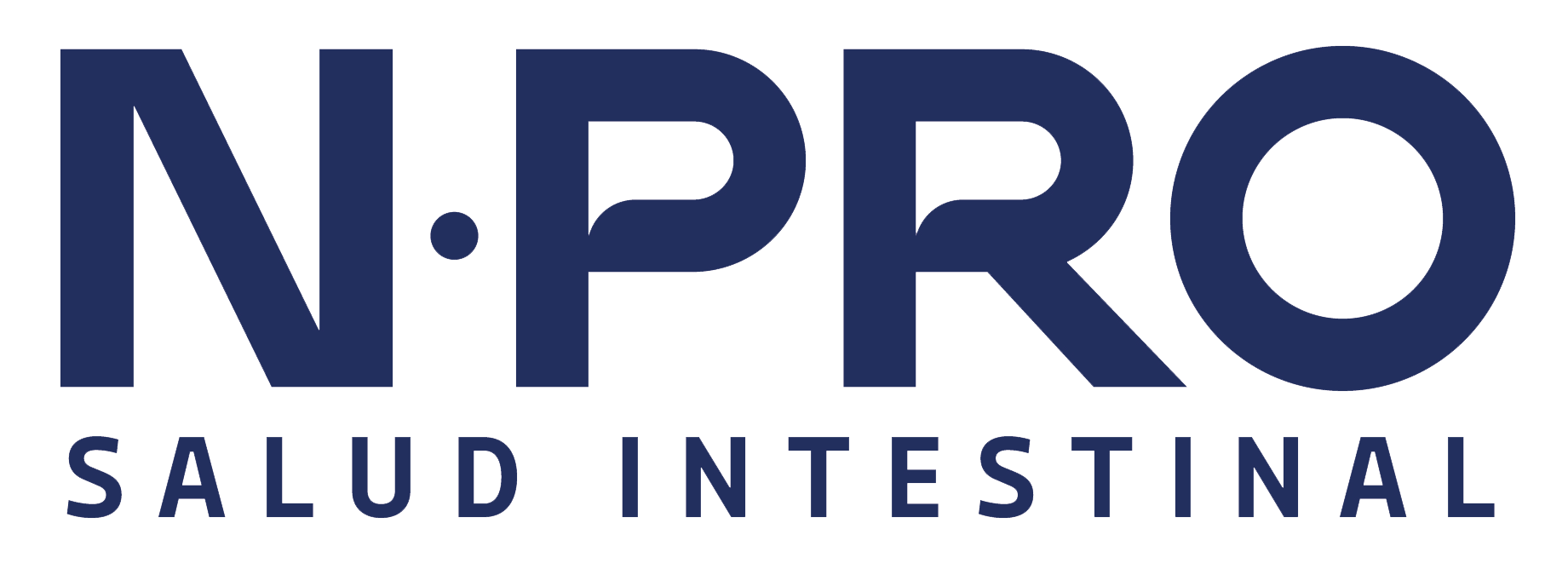Eficacia del compuesto de quelato de zinc-carnosina, Polaprezinc, enemas en pacientes con colitis ulcerosa
Abstract Objectives: Ulcerative colitis (UC) is a chronic, relapsing and remitting intestinal inflammatory disorder. Zinc is known to be efficacious for the repair of damaged tissue and has been shown to protect against gastric ulceration. This study focused on Polaprezinc (PZ), N-(3-aminopropionyl)-L-histidinato zinc, which accelerates ulcer healing through actions such as prostaglandin-independent cytoprotection and antioxidative activity. Methods: In this randomized, placebo-controlled, investigator-blinded trial, 28 patients with active UC at The Jikei University Hospital were randomly divided into two groups: one treated with a 150 mg PZ enema (n = 18) and the other not treated with a PZ enema (n = 10). All patients received usual induction therapy. Clinical symptoms, endoscopic findings and histological findings were evaluated at entry and one week



